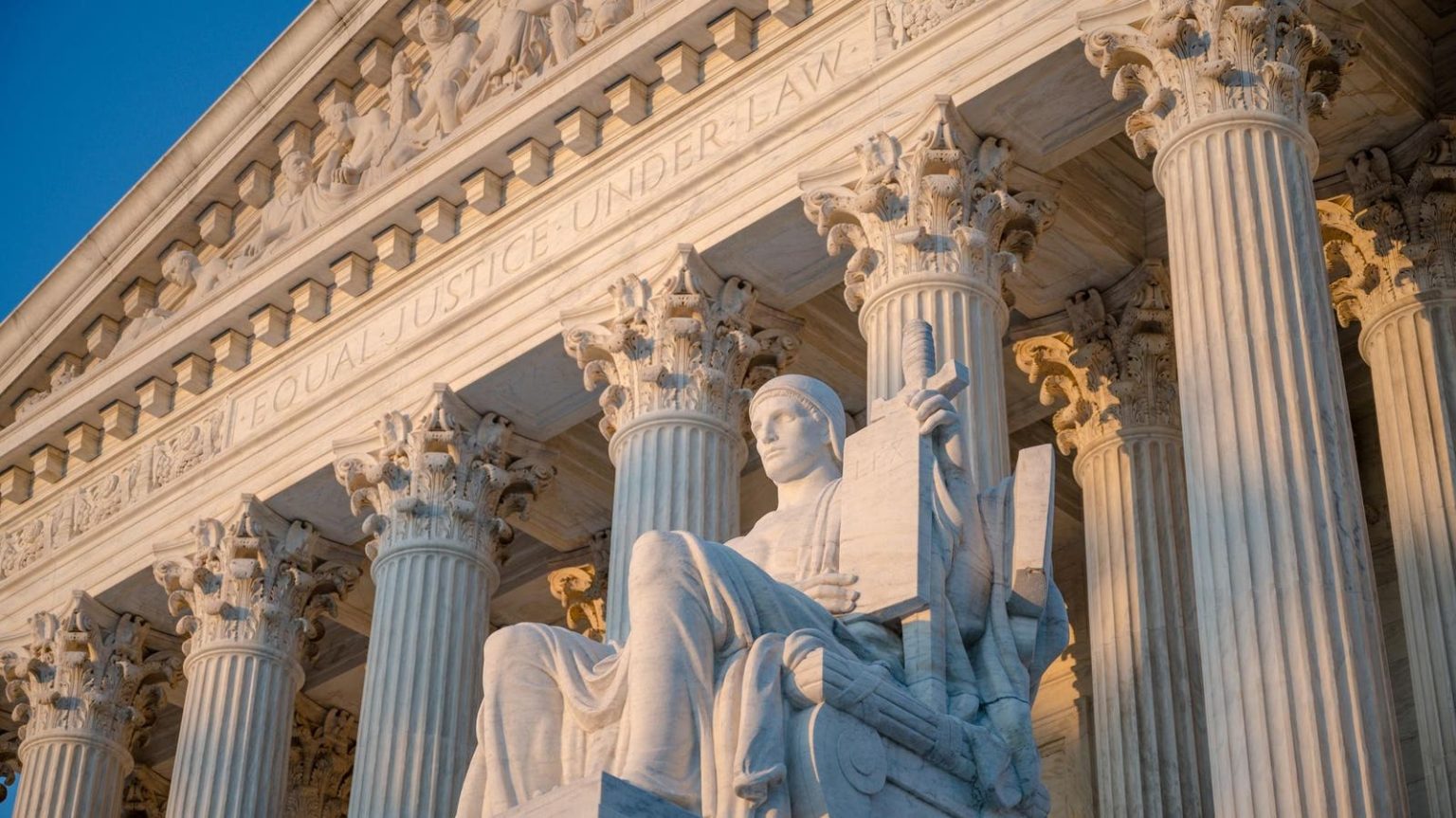In the United States, there are 12 million payday loan borrowers who rely on these short-term cash advances between pay periods. However, these loans come with high fees and compounding interest rates, making them a form of subprime credit that preys on credit-challenged individuals. Despite being described as unsecured credits, payday lenders have direct access to borrowers’ bank accounts through electronic banking, giving them significant control over the borrowers’ finances.
The Consumer Finance Protection Bureau (CFPB) attempted to regulate the payday loan industry in 2017 with the Payday Lending Rule. This rule aimed to ensure that borrowers had the ability to repay their loans and limited lenders to two withdrawals from a borrower’s bank account. However, the national payday industry trade association and the Consumer Service Alliance of Texas sued the CFPB to stop the implementation of the rule. While the U.S. District Court for the Western District of Texas ruled in favor of the CFPB, the 5th Circuit Court of Appeals later sided with the plaintiffs, arguing that the funding of the CFPB violates the Constitution’s Appropriations Clause.
The 5th Circuit Appeals Court’s decision was challenged and ultimately overturned by the Supreme Court in 2024. The Supreme Court found that the CFPB’s funding arrangement met the requirements of the Appropriations Clause. This decision gives the CFPB the green light to proceed with reforming the payday lending industry, which has previously exploited loopholes in the judicial system. With the Supreme Court’s ruling, the CFPB is expected to put more effort into regulating payday lenders and protecting borrowers from predatory lending practices.
The creation of the CFPB in 2010 was part of a larger effort by Congress to reform the financial market in the aftermath of the 2008 financial crisis. The Fraud Enforcement and Recovery Act of 2009 paved the way for Dodd-Frank reforms, including the establishment of the CFPB as a federal oversight body for consumer borrowers. The CFPB monitors large banks, credit unions, and non-bank financial institutions with more than $10 billion in assets, ensuring that they comply with consumer protection laws.
Despite facing legal challenges and opposition from the payday loan industry, the CFPB remains committed to protecting consumers and regulating the financial market. With the Supreme Court’s endorsement of its funding arrangement, the CFPB has the authority to continue its efforts to reform the payday loan industry and hold lenders accountable for their practices. As the CFPB focuses on consumer protection and market stability, it is likely to address issues in the payday lending sector to prevent exploitation of vulnerable borrowers and ensure fair lending practices.



